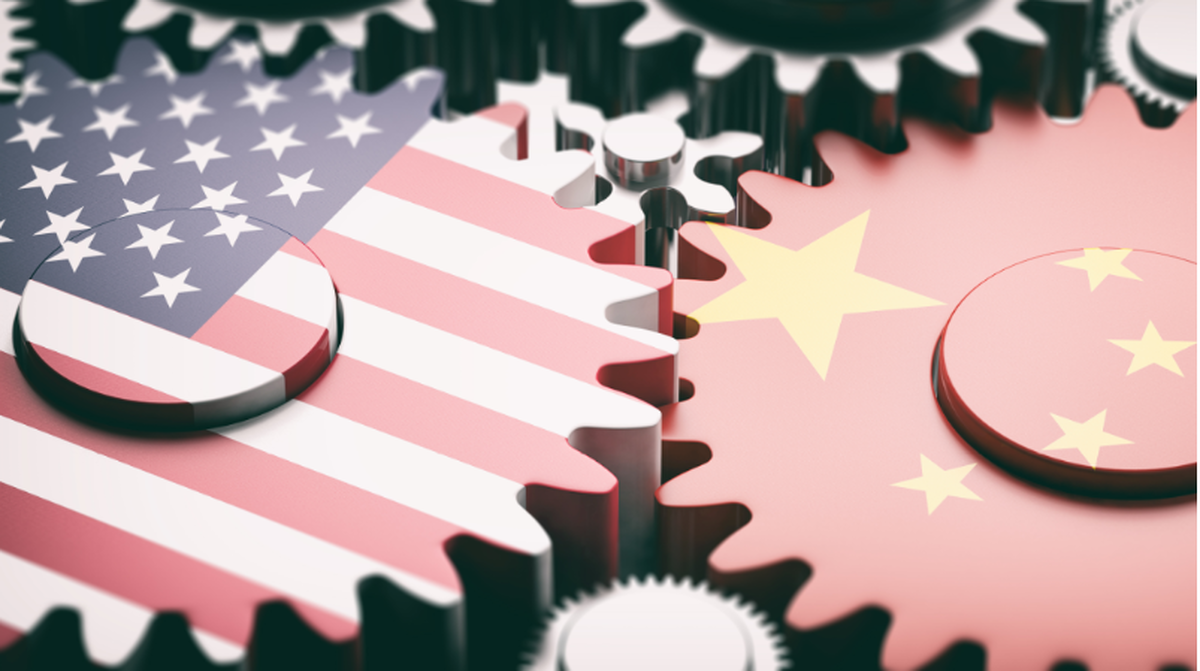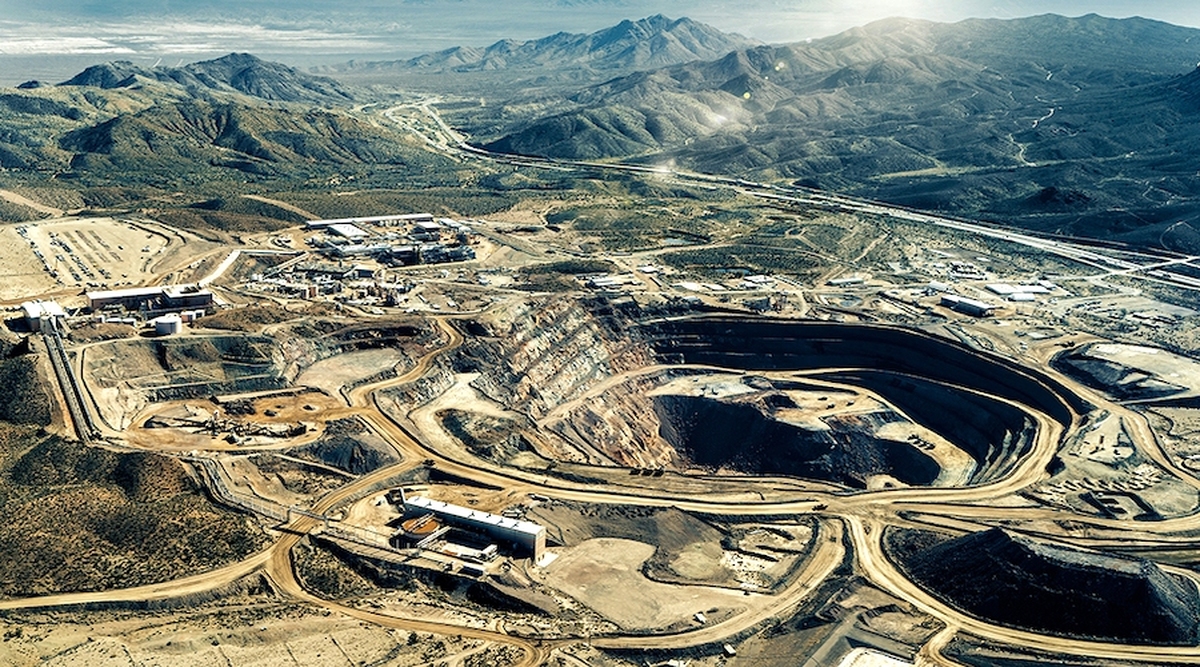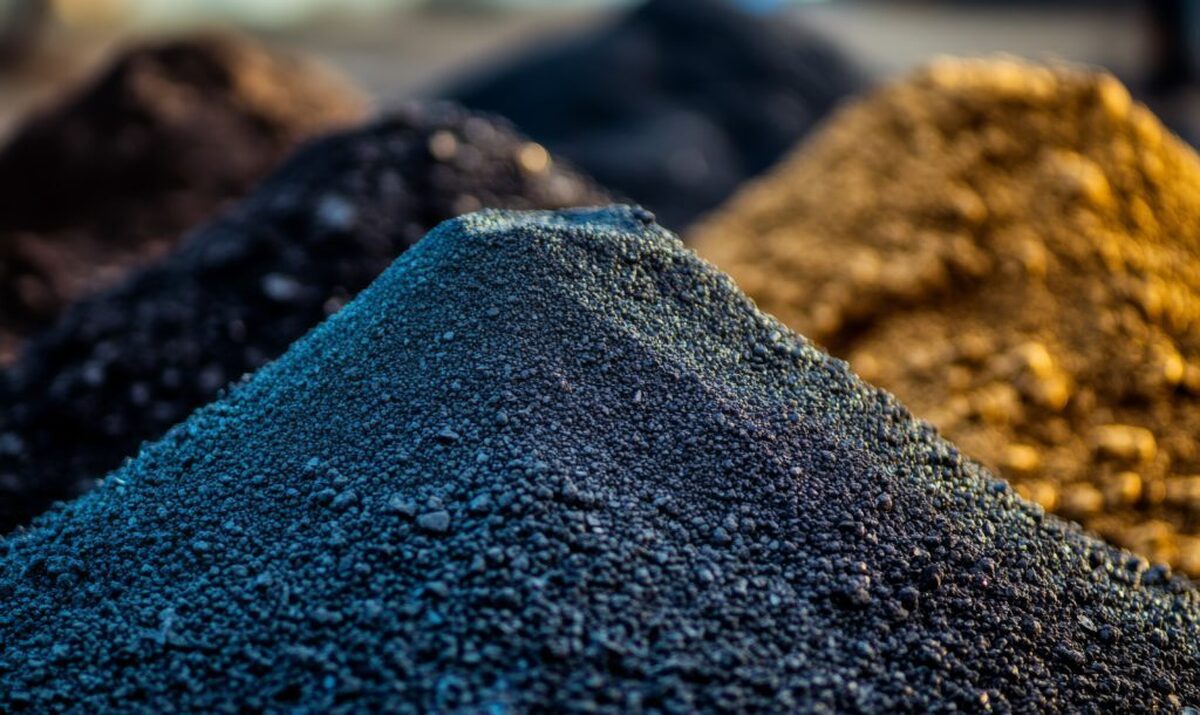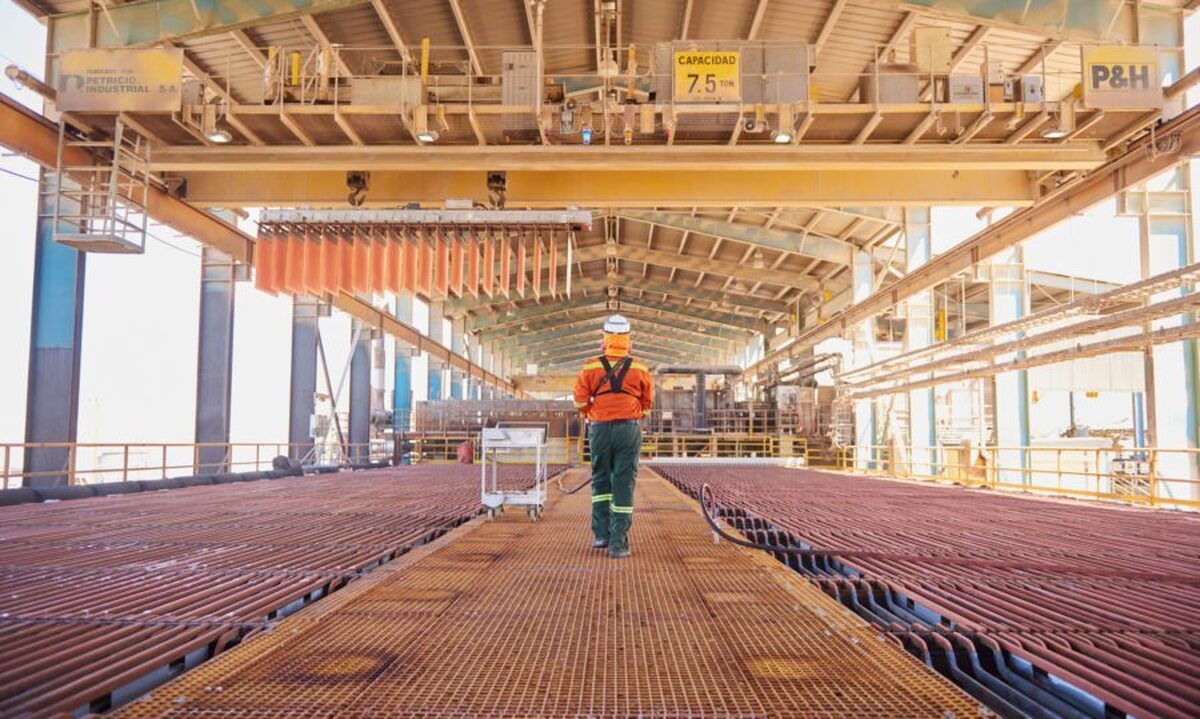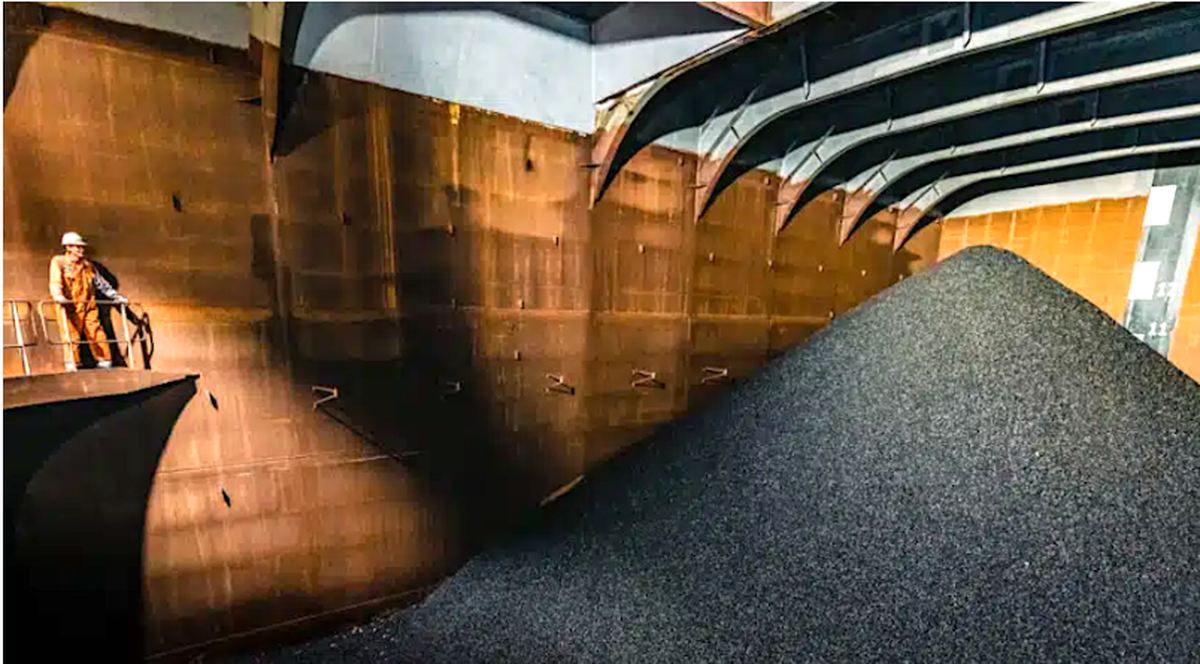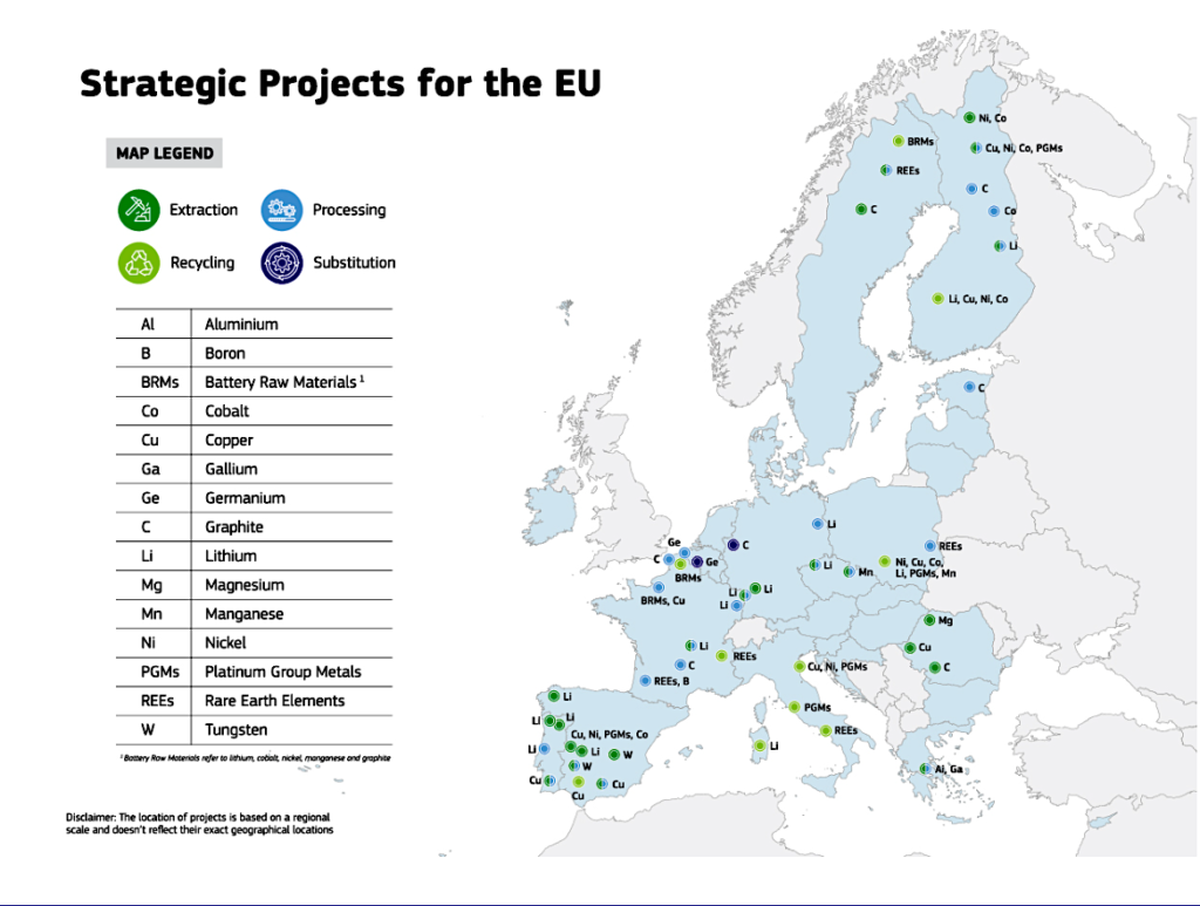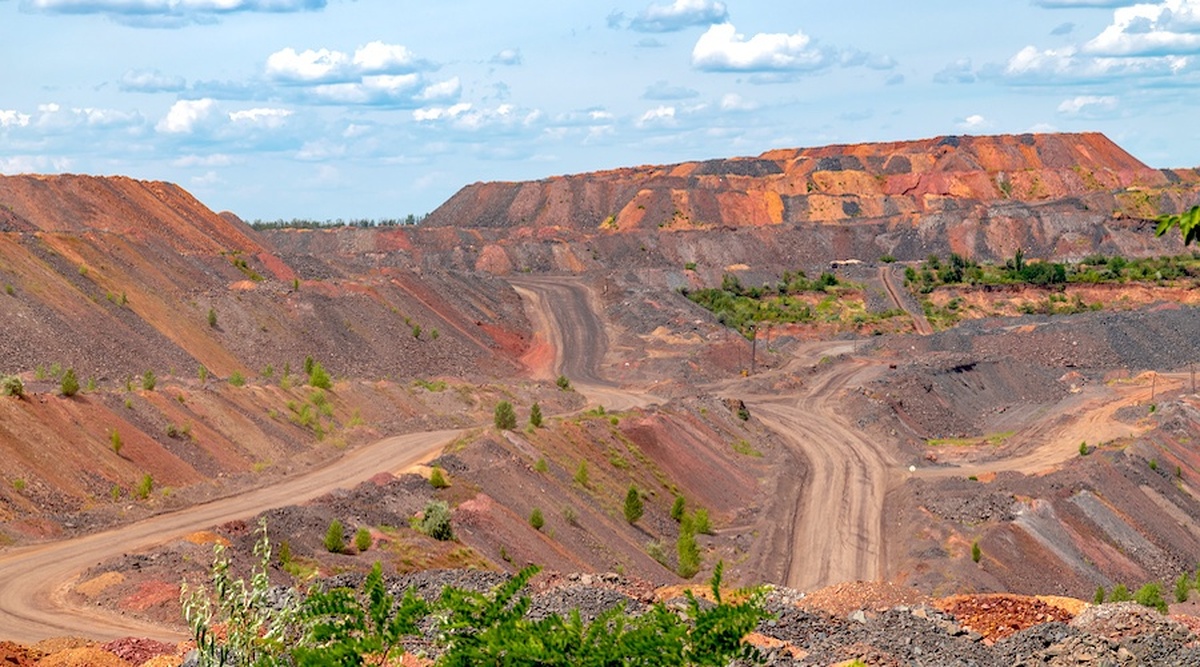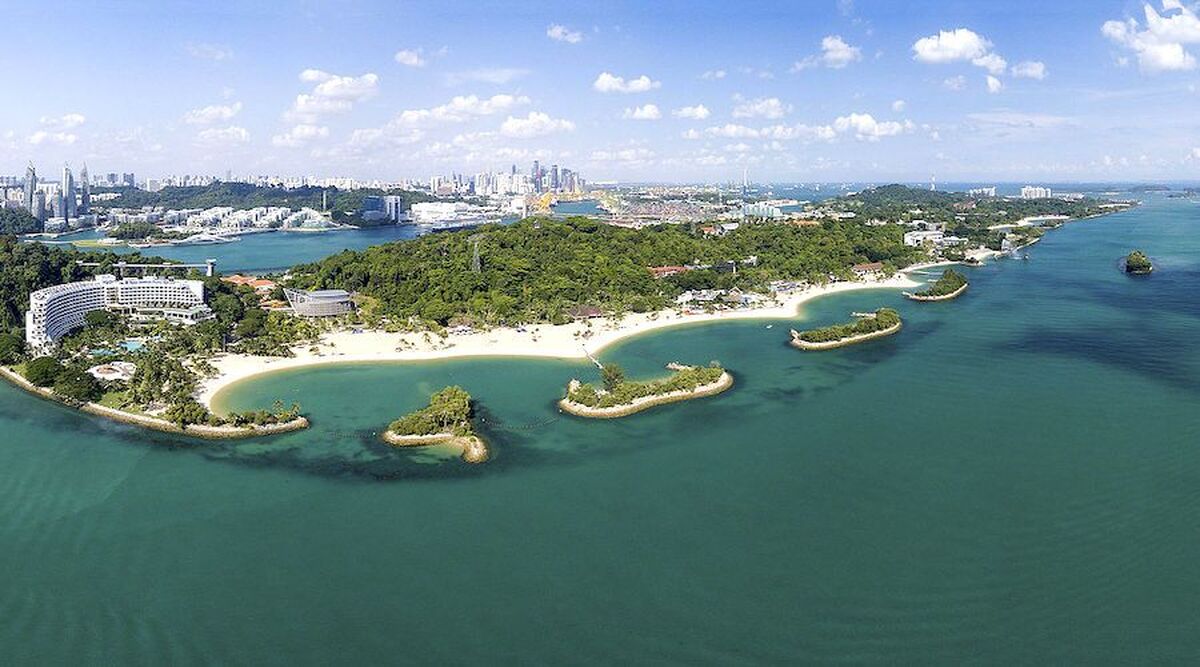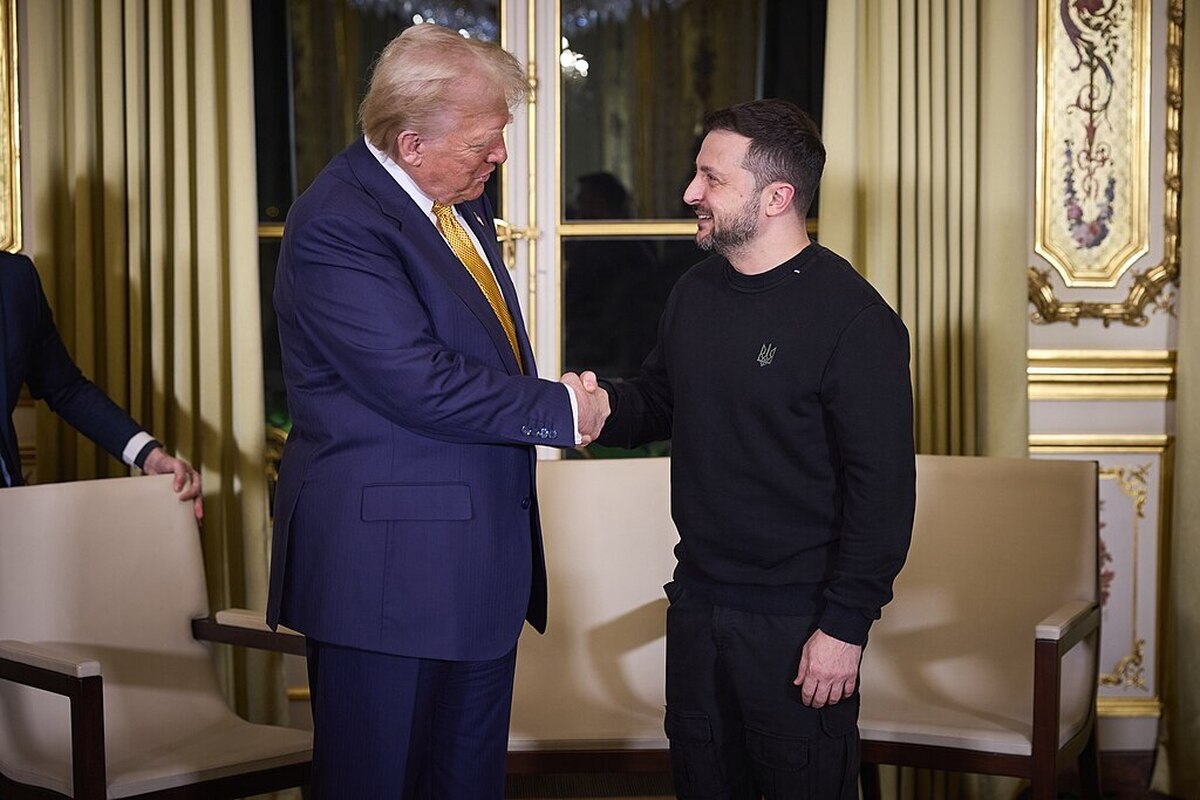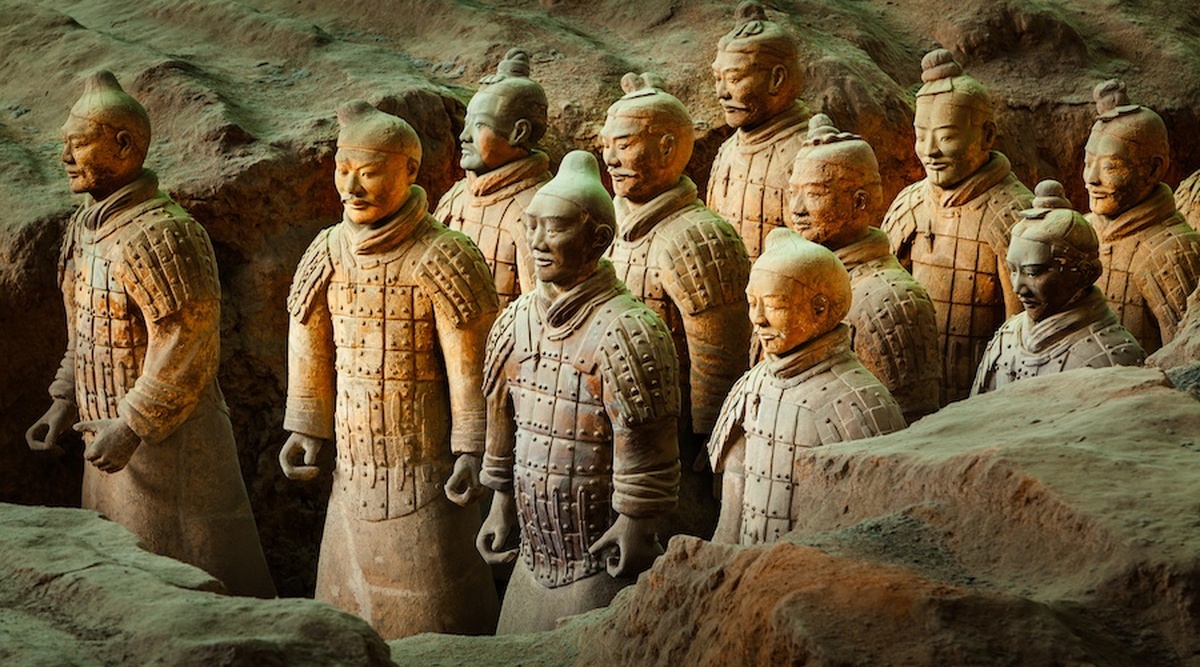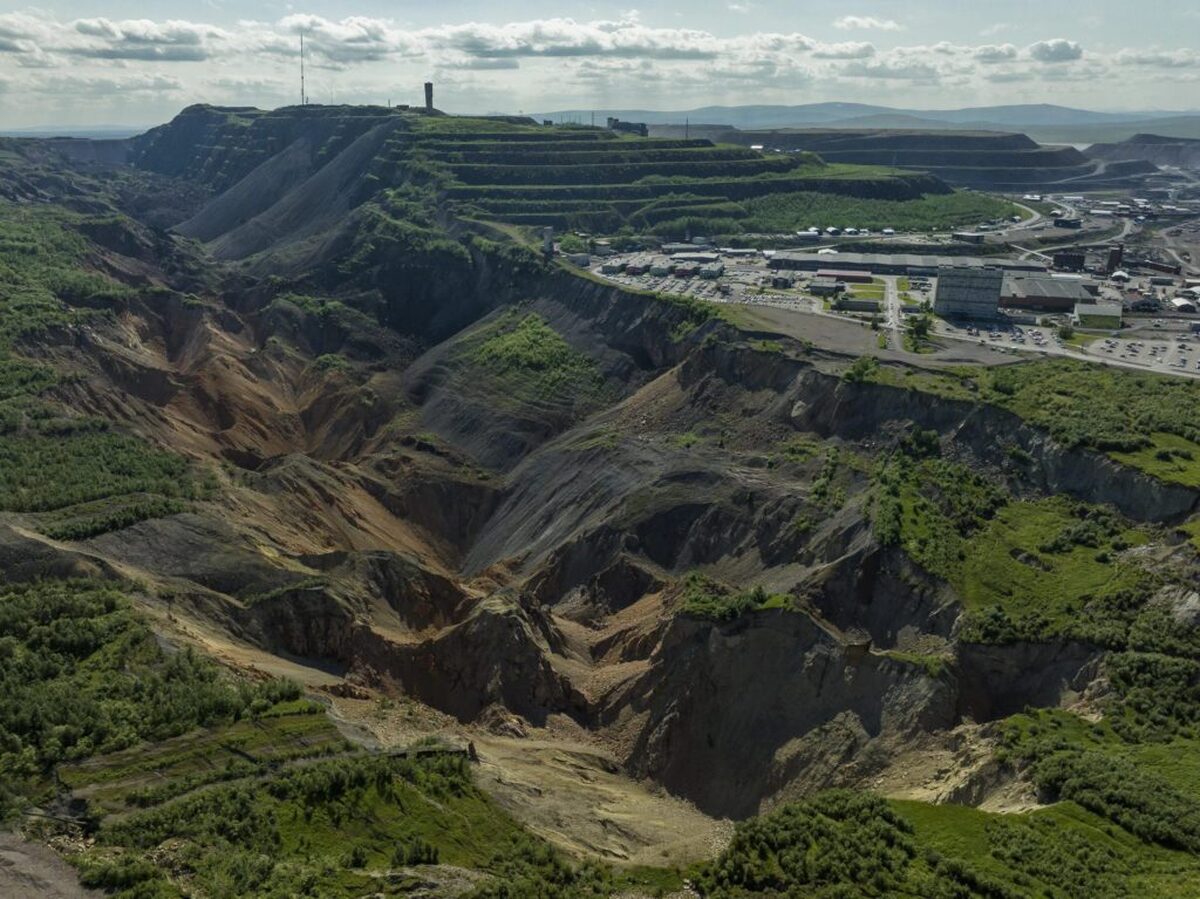
China hits back at US tariffs with rare earth export controls
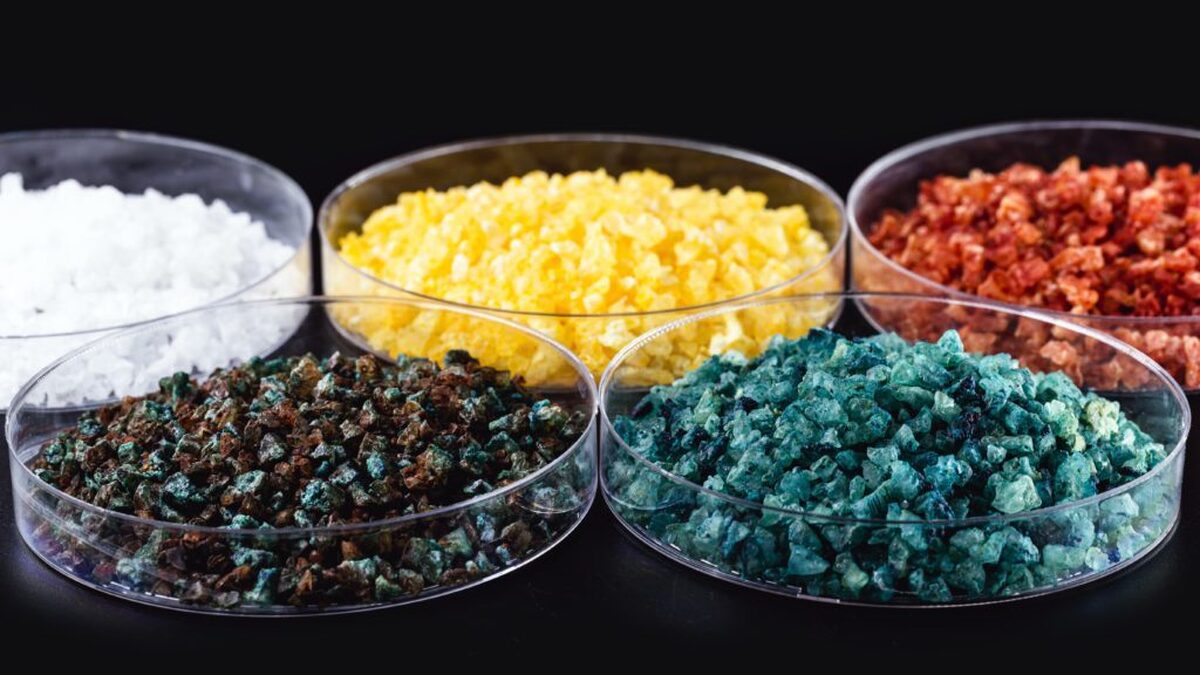
According to me-metals cited from mining.com, China produces around 90% of the world’s refined rare earths, a group of 17 elements used across the defense, electric vehicle, clean energy and electronics industries. The United States imports most of its rare earths, and most come from China.
China has hit back hard, including not only mined minerals but finished products such as permanent magnets, which will be difficult to replace, analysts said.
“Full-blown export restrictions on high-performance rare earth magnets containing dysprosium and/or terbium will hit foreign industries and defense sectors hard, creating a scramble for access to the limited sources of alternative supply – namely in Japan and South Korea,” said Ryan Castilloux, founder of consultancy Adamas Intelligence.
“In the near-term, importers are holding their breath waiting to see if they will be impacted. The cannons have been loaded but so far no one knows where they’re aimed.”
Seven categories of medium and heavy rare earths, including samarium, gadolinium, terbium, dysprosium, lutetium, scandium and yttrium-related items, will be placed on an export control list as of April 4, according to a Ministry of Commerce release.
The move, which affects exports to all countries, not just the U.S., is the latest demonstration of China’s ability to weaponise its dominance over the mining and processing of the critical minerals.
Beijing has already imposed outright bans on the export of three metals to the U.S. and slapped export controls on many others.
The moves to restrict heavy rare earths are especially important because China has even tighter control over these elements, said David Merriman at consultancy Project Blue.
“There is currently only one HREE (heavy rare earth element) focused operation outside of China, Myanmar and Laos,” he said, adding that China has close involvement in supply chains from Myanmar and Laos.
That mine, Serra Verde in Brazil, is currently shipping its product to China for processing, Merriman added.
Galvanize West
Friday’s move is likely to galvanize efforts in the West to build alternative supply chains, according to Mercator Institute for China Studies analyst Jacob Gunter.
“The more China pulls this trigger, even if it’s limited to the United States, this will cause European companies and European governments and other countries and their governments to also think about, what’s the risk of us also having these export controls put on us?”
Beijing announced the controls late on Friday as part of a broader package of tariffs and company restrictions in retaliation for U.S. President Donald Trump’s decision to hike tariffs against most Chinese products to 54%.
Roughly three-quarters of the rare earths the U.S. imports came from China between 2019 and 2022, according to the U.S. Geological Survey.
While the export controls stop short of an outright ban, Beijing can throttle shipments by restricting the amount of export licenses it issues. China had exported no antimony to European Union countries as of March after imposing export controls on the metal last September.
China dominates the complex and dirty refining process for rare earths, which are common in the earth’s crust, and controls mining and output via a quota system that it has progressively tightened.
source: mining.com


Gold price edges up as market awaits Fed minutes, Powell speech

Glencore trader who led ill-fated battery recycling push to exit

Emirates Global Aluminium unit to exit Guinea after mine seized

Iron ore price dips on China blast furnace cuts, US trade restrictions

Roshel, Swebor partner to produce ballistic-grade steel in Canada

US hikes steel, aluminum tariffs on imported wind turbines, cranes, railcars

Trump weighs using $2 billion in CHIPS Act funding for critical minerals

EverMetal launches US-based critical metals recycling platform

Afghanistan says China seeks its participation in Belt and Road Initiative

Energy Fuels soars on Vulcan Elements partnership

Northern Dynasty sticks to proposal in battle to lift Pebble mine veto

Giustra-backed mining firm teams up with informal miners in Colombia

Critical Metals signs agreement to supply rare earth to US government-funded facility

China extends rare earth controls to imported material

Galan Lithium proceeds with $13M financing for Argentina project

Silver price touches $39 as market weighs rate cut outlook

First Quantum drops plan to sell stakes in Zambia copper mines

Ivanhoe advances Kamoa dewatering plan, plans forecasts

Texas factory gives Chinese copper firm an edge in tariff war

Energy Fuels soars on Vulcan Elements partnership

Northern Dynasty sticks to proposal in battle to lift Pebble mine veto

Giustra-backed mining firm teams up with informal miners in Colombia

Critical Metals signs agreement to supply rare earth to US government-funded facility

China extends rare earth controls to imported material

Galan Lithium proceeds with $13M financing for Argentina project

Silver price touches $39 as market weighs rate cut outlook

First Quantum drops plan to sell stakes in Zambia copper mines

Ivanhoe advances Kamoa dewatering plan, plans forecasts


